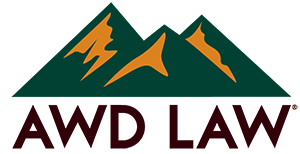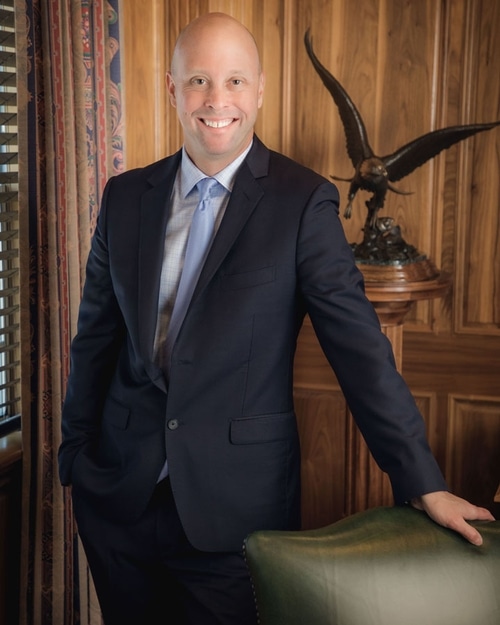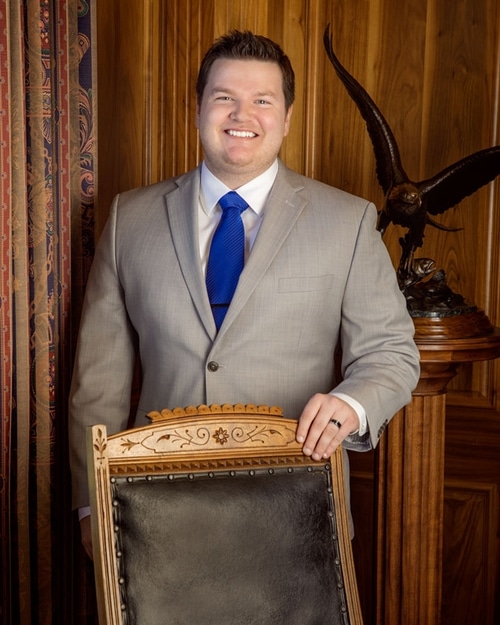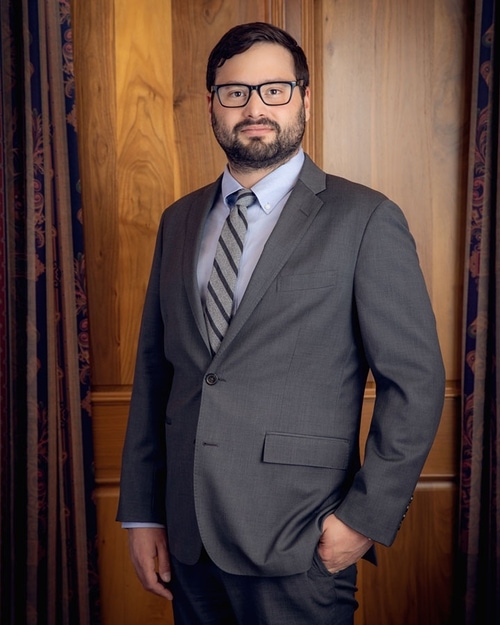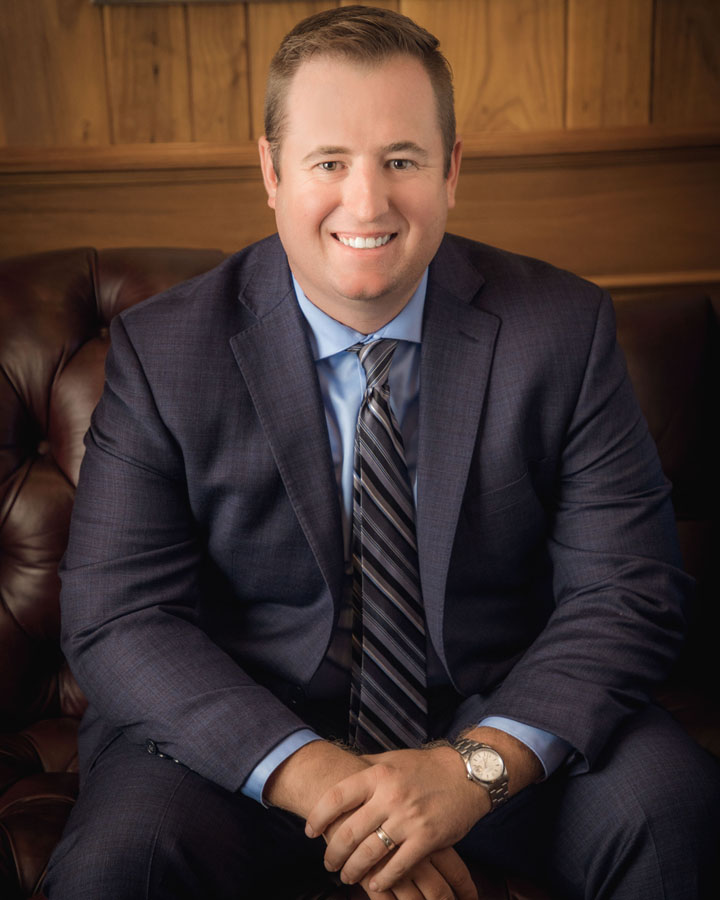Flagstaff office
123 N. San Francisco St. 3rd Floor
Flagstaff, Arizona 86001
(928) 774-1478
Sedona office
120 Soldiers Pass Rd
Sedona, Arizona 86336
(928) 282-5955
Last Will and Testament:
This document applies only upon death, and has three main functions: (1) state who receives your assets – your “Beneficiaries”; (2) state who takes over for you to wind up your affairs – your “Personal Representative”; and (3) states who you prefer to take care of any minor children and their assets, if applicable – a “Guardian and/or Conservator.”
Trusts:
The overwhelming majority of trusts used for estate planning are revocable living trusts that allow the creator to continue to have full and complete control over his or her assets while alive and healthy. However, upon the death or incapacity of the creator, there is no need to go to court for probate or other proceedings as a new trustee would be required to carry out the creator’s wishes without court involvement. A trust also covers any of life’s “what-ifs” by planning for any possible contingencies (such as minor or incapacitated beneficiaries). Again, a trust is designed to allow the creator to dictate precisely what happens up on his or her death or incapacity without court involvement, costs or delays.
Health Care Power of Attorney:
This document allows an individual, the principal, to appoint an “agent” or “attorney-in-fact” to make medical decisions on behalf of the principal and otherwise deal with medical professionals if the principal is unable to participate in their own medical care decisions (for example, due to an Alzheimer’s, stroke, coma, etc.). Typically, a Living Will would also be executed with the Health Care Power of Attorney.
Living Will:
This document deals with your end of life decisions, if you are unable to make them. The Living Will can set forth whether or not you want your life artificially prolonged and other decisions regarding end of life care.
Durable Power of Attorney:
This document is valid only during the life of the principal who names an “agent” or “attorney-in-fact” to do things the principal could do from a financial standpoint. This includes paying the principal’s bills, banking, managing accounts and other assets, and dealing with any third parties that the agent could otherwise deal with on her own. The agent is required to act for and on behalf of the principal and has certain legal duties that must be followed in carrying out actions on behalf of the creator of the POA.
Wealth Transfers, Tax Planning and Asset Protection:
If necessary, AWD attorneys can assist you in complicated wealth transfers, including transfers made during life and transfers to occur at death. AWD attorneys can help you maximize tax savings through gifting plans, irrevocable trusts, and several other legal mechanisms available for high net worth individuals looking to protect their wealth through estate planning.
Contact our office today at 1-800-774-1478 or 928-774-1478 so that we can help you evaluate your circumstances and determine your best options for the most successful outcome possible.
